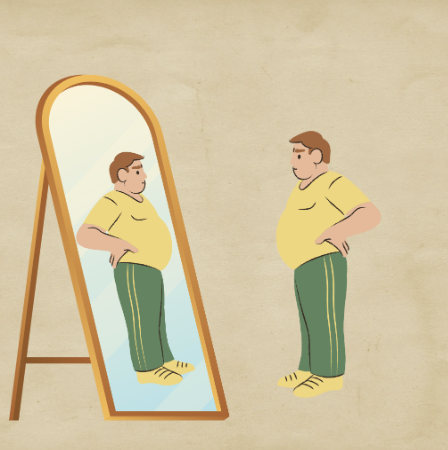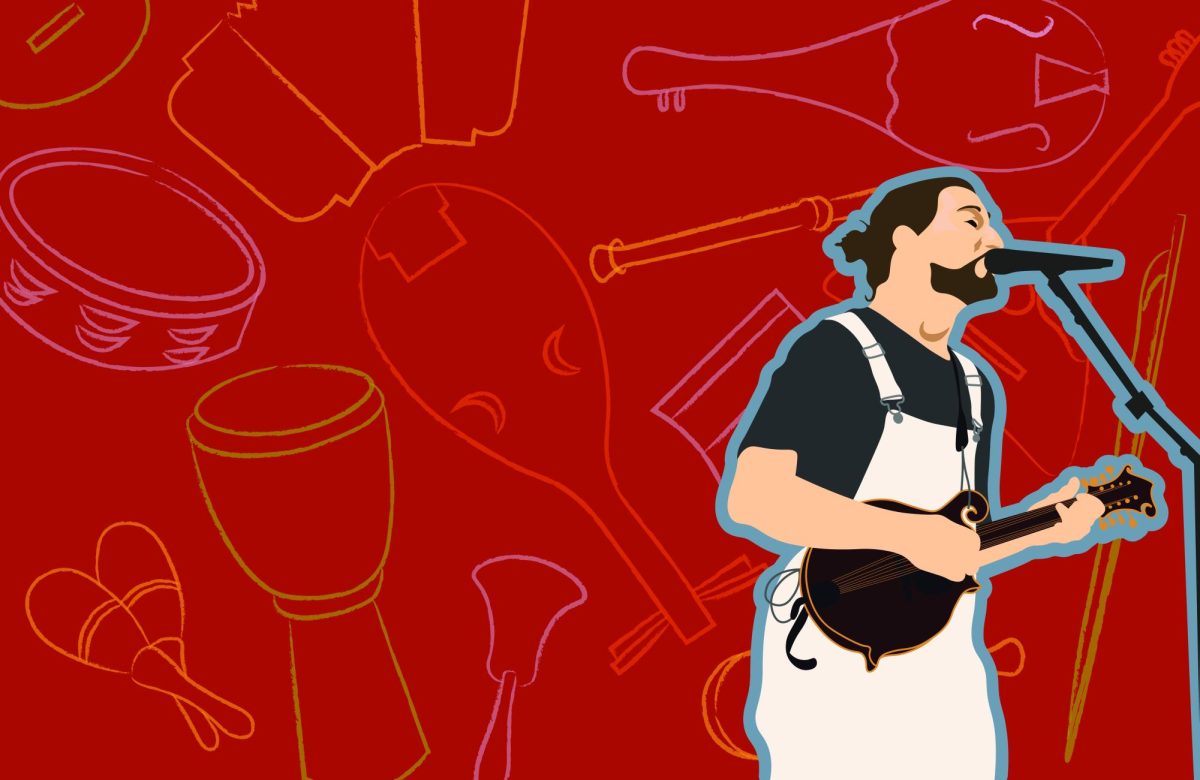The ‘90s and 2000s are well known for the shameless diet culture, from tabloids labeling 130 pound women as morbidly obese to shows like “Supersize vs. Superskinny” and “Eat Yourself Sexy.” If you haven’t heard of the apple diet, it was a trend encouraging people to eat apples and…that’s about it. Effective for weight loss, sure, but even a preschooler could see the issues it presents.
Over the past decade, the body positivity movement has gained a lot of traction, and it’s now much more prevalent than the abrasively shaming attitude of 20 years ago. However, while it’s certainly better than it used to be, we’re still a long way from a widespread reasonable and informed approach to obesity and weight loss.
When discussing issues with body image and expressing discomfort with weight or appearance, the most common response will be something along the lines of “you need to focus on yourself,” or “you really need to focus on self love.” These ideas focused on inward growth and self love seem like they could be beneficial, but in reality they do little more than irk the listener.
While the diet culture of the 2000s may be less ubiquitous now, it isn’t really a mentality that ever went away—it’s just not as blatant anymore. From scrolling on TikTok, it might seem like we have come to the realization that embarrassing someone because of their body isn’t acceptable, but that doesn’t mean it has translated well into actions or reality.
Although many rude comments pointed towards fat people are explained away by a desire for the target to be healthy, that is rarely the outcome. A 2019 study discovered that fat-shaming actually leads to greater weight gain, mental health issues and numerous other health issues — especially when that discrimination is coming from healthcare professionals.
A 2017 study found that 94% of teenage girls have been body-shamed. In a world that’s constantly preaching different forms of self care, radical self acceptance and body positivity, that doesn’t seem to be the case.
While we may no longer have a deluge of shows and internet series putting overweight people through intentionally embarrassing tasks in the name of weight loss or even just encouraging different forms of disordered eating, the ideology behind those projects remains alive and well today.
Even once you decide to lose weight, however, you’re not in the clear. As a pushback against the toxic regime of restriction and shame, a new movement has emerged: radical fat acceptance. When it comes to ensuring equitable medical treatment, it certainly has a place in our culture — and a necessary one at that.
On social media, it has been twisted from its original goal of equity for non-straight-sized individuals and has become something that actively discourages overweight or obese people from losing weight, citing a lack of self love, internalized fatphobia or even a refusal to acknowledge any negative health connotations with obesity.
For many people on weight loss journeys, the motivations should be considered. When people are seeking to lose weight exclusively due to a hatred of their bodies, or the assurance unrelated aspects of their life will miraculously improve, the attempt will often fail and can lead to a variety of other forms of disordered eating. This does not mean that all attempts to lose weight are inherently wrong, though. Seeking to incorporate and maintain a balanced diet and exercise are essential for a healthy lifestyle and will influence many facets of health beyond weight.
Unfortunately for people who do seek to lose fat, this results in an avalanche of negativity and meaningless advice pushing them in opposite directions, simultaneously encouraging them to love and hate themselves, lose and maintain their weight, cut down calories to an untenable amount or maintain a diet with an excessive amount of calories. In the end, this all leads to little more than frustration, pain and surrender.
As we continue to attempt to influence fat people with often unwanted and unsolicited opinions, it might be time to consider a truly radical idea: leave the potential issue of someone’s weight to themselves and someone who is qualified to recommend a course of action, and maybe stop chiming in with ungrounded advice when you see someone with a body you don’t like.
Virginia Doherty is an opinion writer. Contact her at [email protected]




